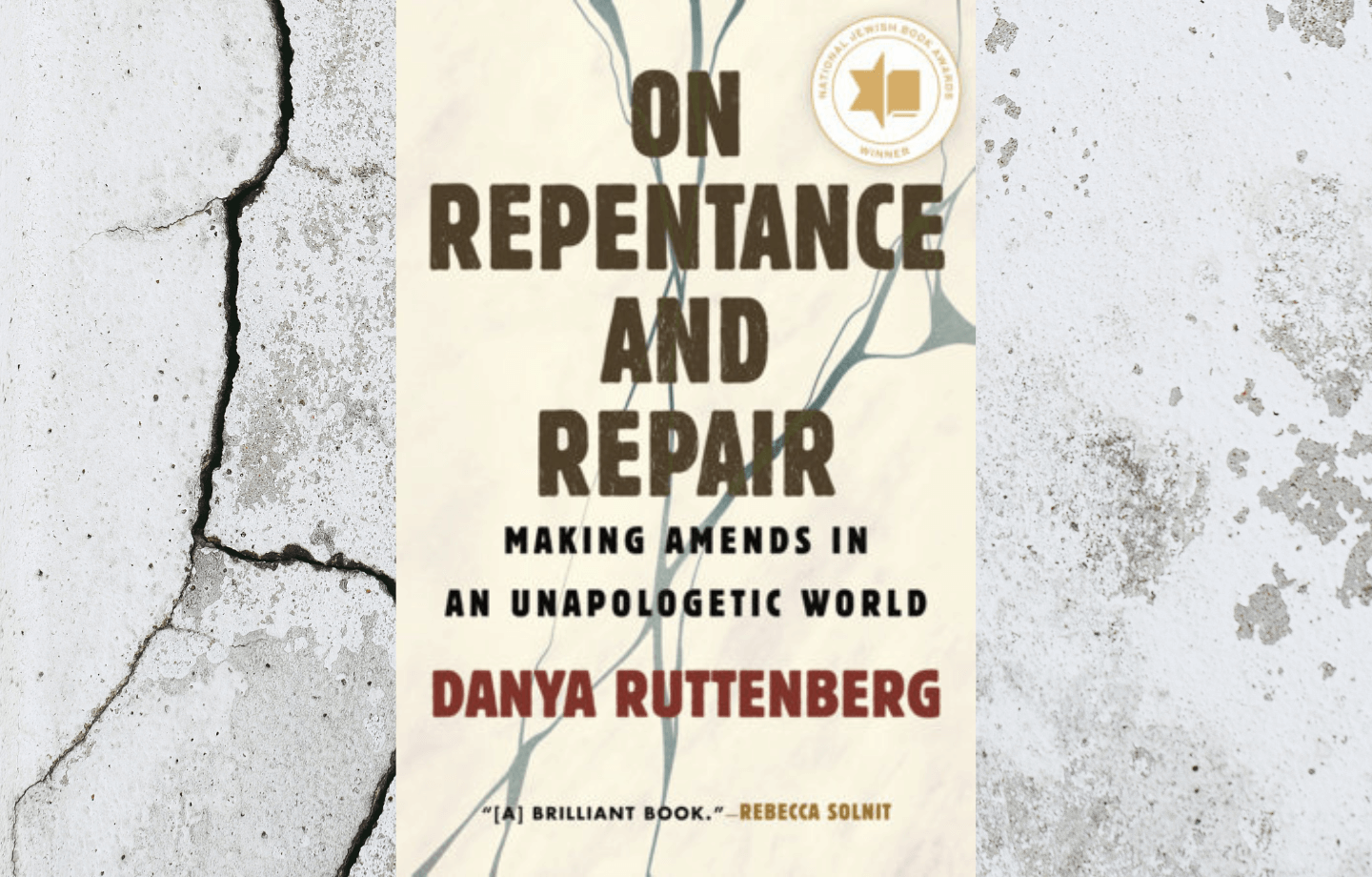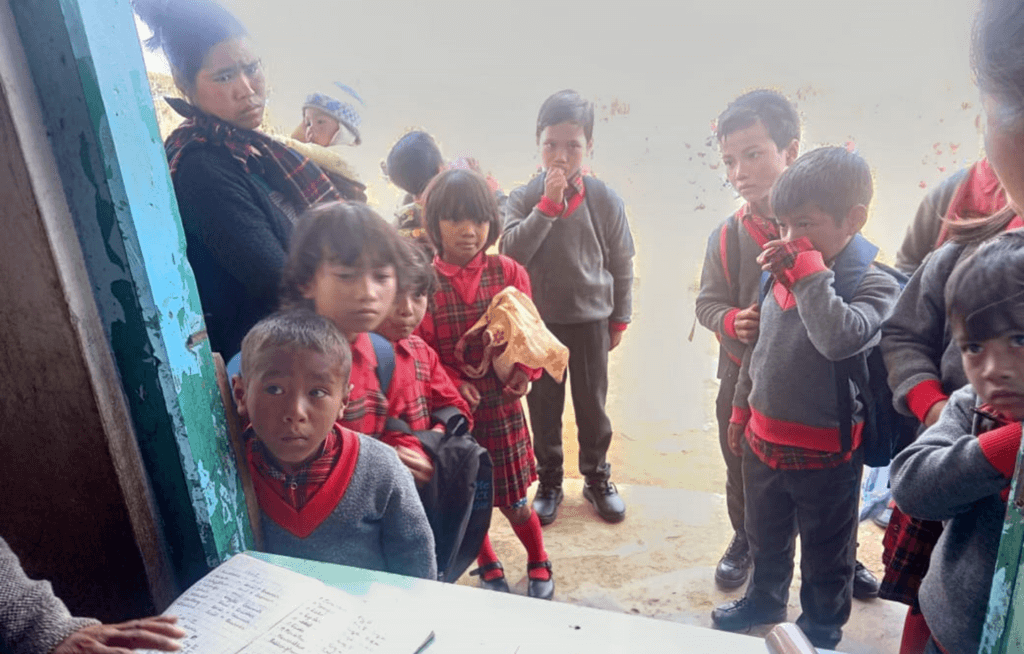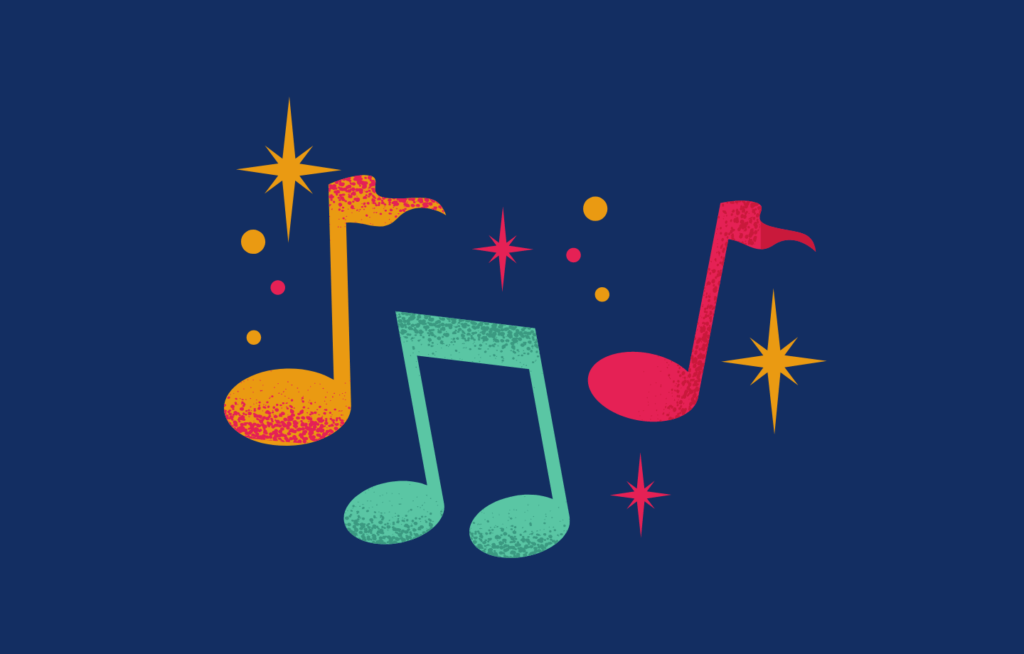
- This event has passed.
On Repentance & Repair: Making Amends in an Unapologetic World
Sunday, September 24 @ 10:30 am - 11:30 am


Inspired by the book written by Danya Ruttenberg, we gather to continue exploring paths towards healing from painful and unresolved issues. Rooted in traditional Jewish concepts, the book guides us through the five steps towards healing: Naming and owning harm; starting to change/transformation; restitution and accepting consequences; apology; and making different choices. Join us immediately following the service to continue the conversation with Rev. Maria Cristina. Refreshments will be provided. Rev. Dr. María Cristina Vlassidis Burgoa will be preaching.
How to Attend
We encourage masks in all buildings. Read more about our In Person Guidelines here.
• To virtually attend, please Zoom in using room number 989 3107 9078, passcode: chalice.
• To phone into the service, call 669-900-6833, Meeting ID: 989 3107 9078.
For those joining, please mute as soon as you enter the room, so everyone can hear. Please note, the services will be recorded, but at this time, there are no plans to share the recording.
More Information
Religious Education for children and youth happens during worship on Sundays. Children and youth arrive in the Sanctuary for the just a little bit and welcome in Sunday with a story and song. Then, they attend their own programs in the Education building. Learn more here!
If you don’t have a chalice, but want to light one, check out our Making a Chalice at Home page.
In person services are followed by coffee hour.
Children’s Story
Sermon Audio
On Repentance & Repair: Making Amends in an Unapologetic World
Sermon Text
“If you believe that you can damage, believe that you can fix. If you believe that you can harm, believe that you can heal.” [Rabbi Nahman]
In the Jewish tradition Yom Kippur is a Holy time when the people are offered an opportunity to atone, to repent, and ask for forgiveness. It is an invitation to greet the new year renewed, cleansed, aware of our mistakes, and willing to ask for forgiveness. It is also an invitation to return to our best selves.
As Unitarian Universalists, we are rooted in religious traditions and in our own values that encourage us to strive to be our best selves. Our congregational covenants nourish a sense of belonging to our community of faith and help us to be accountable for our actions. Our anti racism and anti oppression work has taught that having good intentions is no justification for minimizing the harm we might cause. We are encouraged by our Unitarian Universalist principles and values to be in right relationship with each other. The concept of right relationship might be easily understood when we speak of right relationship with the environment, or mother earth. Yet when it comes to human relationships, especially within communities of faith that gather people from all walks of life, right relations require both intention and practice. This means that we are called not just to articulate the intention, but also to live into the practice, to consistently practice faithful communication and to develop skills for managing conflict. As a community of faith, you’ve had some experience with the right relations team facilitating some difficult conversations. Creating healing circles that are skillfully facilitated is a good practice that should be ongoing so that we become less afraid of conflict, less reluctant to admit our mistakes, and more encouraged to name the people and systems that need healing. As with everything else, the more we practice, the more we become less afraid to speak the truth in love and to seek creative and compassionate paths towards repair.
Being in a community means that we recognize that even with all our bylaws, policies, procedures, covenants, charts, and good intentions we are still human and we will make mistakes. Big and small. It also means that we will experience the mistakes on a very personal level as well as a collective one. And that we need to be prepared to face, name, unpack, manage, and hopefully, resolve conflict. Conflict. The very word might make you cringe, or think that it has no place within our church community. Many of you might be thinking “I have enough opportunities to experience conflict among my family, at work, or on social media and I come to church to avoid thinking about conflict. I just want to come to church to be in a peaceful, tranquil space far away from conflict…” I won’t argue with that. It’s a fair desire. And I also know that when we choose to be in a community, we choose to journey together in order to help each other learn and grow, to sit with discomfort, to grapple with harm that might have been caused by someone or a group who might not even be a part of this community any longer. Sometimes we start a job or volunteer to be part of a group without knowing what we are inheriting from previous leaders. We might feel like it’s not our responsibility to do any repair work when we were not the ones who directly and personally inflicted the harm. But being part of a community means that we are willing to look back, to retrieve our history, to examine both the good and the not so good, to pull the curtain back, to reveal the broken pieces so that we might get a chance to practice the Japanese art of Kintzugi. Kintsugi is an art form that makes something new and beautiful of a damaged object without trying to conceal the breaks.
Rabbi Danya Ruttenberg, author of On Repentance & Repair: Making Amends in an Unapologetic World, writes that “You can never unbreak what you have broken. But with the sincere and deep work of transformation, acts of repair have the potential to make something new.”
In his song “Japanese Bowl” Peter Mayer sings:
I’m like one of those Japanese bowls,
That were made long ago
I have some cracks in me,
They have been filled with gold
That’s what they used back then,
When they had a bowl to mend
It did not hide the cracks,
It made them shine instead
So now every old scar shows,
from every time I broke
And anyone’s eyes can see,
I’m not what I used to be
But in a collector’s mind,
All of these jagged lines
Make me more beautiful,
And worth a higher price
I’m like one of those Japanese bowls, I was made long ago
I have some cracks you can see, See how they shine of gold.
How many of us have read On Repentance & Repair or are in the process of reading it?
If you have read it, what words would you use to describe what you have learned?
How has it challenged you?
Whether you have read the book or not, we all have some idea about the meaning of repentance and repair. We have all been wronged at some point in our lives. And we have all made mistakes and hurt someone. Like the story we shared earlier, we understand the importance of being curious about how our actions affect people’s feelings, even when we have the best intentions. Realizing when we’ve missed the mark, made someone sad, offended someone, made them feel less than, requires constant attention to our words and actions. We have been on both sides of the coin: asking for forgiveness and offering forgiveness. But we don’t always know how to do it. Is saying I’m sorry enough? What happens when the mistake is part of a group decision? In our congregational life we have all experienced plenty of times when mistakes were made both by individuals as well as by groups. I would submit to you that it is equally important to consider how the governance systems operating and guiding our work might also influence how we practice being in right relation and to identify the challenges preventing it. How do we feel when we are asked to recognize mistakes in public? How do we return to our best selves?
In Hebrew the term t’shuvah means a return of what is lost; Have we lost a relationship? Have we lost trust? Have we lost our sense of belonging? Have we lost hope and given up?
This is our opportunity to appreciate the holy gift of t’shuvah, the opportunity to reconsider, the invitation to re-open whatever door we deemed closed forever. If you find yourself at the threshold of forgiveness, struggling with questions around accountability-both individual and collective- uncertain about your ability or willingness to offer an apology or to accept an apology, I invite you to pause…just breathe into this moment, and for the next couple of minutes, let go of any defensiveness or arguments against considering the possibility of asking for forgiveness or accepting an apology. You might be thinking…but it’s been so long…or what difference could that make? The harm is done! Or I’m scared or I’m embarrassed for anyone else to know about my mistake…or asking does that person really deserve my forgiveness? When do we refuse to forgive as a way to save face or punish someone? How invested are we in appearing to be just and fair and perfect? How does it make me feel admitting that I am a beautifully imperfect messy human who is still using training wheels when it comes to the practice of right relations?
To be sure, saying I’m sorry is not enough. And asking for forgiveness will not always lead to the happy ending of the story about Swoop and Scribble. Even though the story teaches us that saying I’m sorry is not enough and showed us the ways in which the repair work necessitated more than the words I’m sorry, it is not always the case that the person we are apologizing to and doing the work of repair for will accept our apology and accept our demonstration of repentance. Some relationships will remain broken. But this doesn’t mean that we don’t at least try. It doesn’t mean that we hide behind the fact that it was a group decision or communal mistake and just pretend it never happened or minimize its impact for the sake of moving forward within an organization. In Judaism, even if we are not forgiven, we are still obligated to do the work of repentance, accountability, and transformation in order to atone.
Let’s look more closely at some of the guidance offered by the book on Repentance and Repair: Rabbi Danya writes: “This book is for everybody. It is based on Jewish thought, but I am, very intentionally, applying these concepts to secular life and relationships. We’ve all caused harm, we’ve all been harmed, we’ve all witnessed harm… This is, I hope, a way into the work.”
She continues to say that “The challenges surrounding apologies and forgiveness, repentance and reconciliation, amends, and atonement invite a lot of questions such as: “What are we asking of the person who has done wrong? What work must they take on in order to repair, to whatever extent possible, the harm that was done? How should we regard them if they have caused harm and tried to fix it? If they have not any amends work? What does justice look like, what does healing look like? and what are the roles of the victim and the perpetrator in this process?…”
I find this book tremendously helpful in helping me understand the inherent complexities in organizations such as ours, so committed to doing good in the world, so willing to work hard at developing healthy ways of communicating, yet struggling to articulate our values in the face of differences of opinion, power dynamics, and systemic limitations to how we manage conflict. The book has no magical formulas, and in fact is very clear that even when we apologize and genuinely do the repair work, the person affected might choose not to forgive us and refuse our olive branch. Still, we are encouraged to do the repair work anyway because it’s the ethical thing to do. The book offers us a path towards transformation. The transformation of self and that of our congregation. Rabbi Danya points us toward modern day practices of repentance that can really make a difference in our personal, community, and broader societal relationships. She cautions us that “Just letting it go” is not a caring path and will not help us to change ourselves or transform our systems. We must be brave and honest and admit that we have made a mistake if we want to see change. (9)
If you believe that you can damage, believe that you can fix. If you believe that you can harm, believe that you can heal.”
So here are the five steps of repentance:
- Naming and owning harm: “Before we even understand what repentance is, we’re instructed to name, out loud, the harm that we have caused. We’re supposed to acknowledge that we feel ashamed by our actions and commit not to doing that same thing again…
- Starting to Change: Only when the person does the work needed to become a different person can they make a different choice, and be transformed. The work of transformation might include tearful grappling with one’s behavior in prayer, meditation, or some other practice…putting oneself in new situations both to consciously avoid the opportunity to cause harm and perhaps to experience what it’s like to not have control or power-someplace where one might get some practice in the virtue of humility…the process of change might involve…actively seeking out fresh perspectives to help shape a new understanding of a complex situation it might include requesting to spend time with the victim to better understand the nature of the impact and the problem it caused…the goal isn’t merely making amends. It’s transformation” (32,33,34)
- Restitution and Accepting Consequences: the party that has caused harm must make restitution for that harm, understanding the gravity of the harm, and humbly consulting with the person that was harmed about what would feel just. Restitution is not throwing money at a problem to make it go away. (36,37,38)
- Apology: We implore and beg for forgiveness. We focus on the mental and emotional state of the victim. Have they gotten what they needed emotionally, spiritually? Are they feeling cared for, attended to? Are they feeling better? If not, why not? An apology is not merely the words “I’m sorry” and it’s certainly not “I’m sorry that you were hurt by this perfectly reasonable thing that I did” a real apology is not aimed at the person who has been hurt, but rather is given in relationship with them…it requires understanding when approaching a victim might harm them further and navigating that with sensitivity…” (41,42)
- Making different choices: when faced with the opportunity to cause similar harm in the future, we must make a different choice. We need to fully understand why the harm happened, be open to seeing ourselves as we really are, and understanding other people’s needs and pain.
Let’s take a few minutes now to take a deep breath…if it helps, place a hand over your heart as let us reflect upon what needs repair in our life…who do I need to ask for forgiveness? Let us be humble and brave and honest and recall those times when we lost our way, when we made a mistake, either individually, or as part of a group decision… what will it take for us to ask for forgiveness, to do the necessary repair work? What is stopping us? Let us not allow guilt or shame stop us.
NOW I INVITE YOU TO SING ALONG WITH ME THIS LITANY OF REPENTANCE BY SINGING THE REFRAIN WE FORGIVE OURSELVES AND EACH OTHER, WE BEGIN AGAIN IN LOVE.
Benediction:
May we be inspired to search our souls, to sift through the past year to see where we have missed the mark.
May we be strengthened to take on the work of repentance and repair in order that we may be transformed.
May we be courageous in asking for forgiveness and offering sincere apologies so that we may repair the relationships in our lives.
May we offer forgiveness to those who have wronged us, allowing us to release the chains of grudge and blame that have bound us to them.
May we delight in the gift of t’shuvah: a return to our best self.
And may we take the individual and communal actions that are within our power to make this new year sweeter and more loving.
Testimonial
What I have gained from East Shore
Back in 2006, our kids were in middle school and we were finding that we were not making friends with their friends’ parents in the way we used to. “Just drop me off, Mom” was all we heard. We needed to find some new friends. A friend, Caroline Haessly, invited me to participate in a class on “Healthy kids, Healthy Planet” here at East Shore, and as I looked around the classroom, I realized that I agreed with everything on the walls. When I suggested to my husband, Doug, that we check out East Shore as a church for ourselves, and a new source of friends, he was happy to give it a try.
We quickly felt at home, and soon were volunteering for various activities. I discovered that volunteering was the best way to get to know people and make friends. We came to see the whole community of East Shore as our friends!
What I didn’t know to expect was the opportunity for spiritual growth. As I listened to sermons, participated in classes and events, got to know people and volunteered for projects, I found I was learning new skills and gaining awareness of better ways to be in community. I found myself becoming more generous, more kind, more caring, and having a better understanding of the role and importance of mutual interdependence and love in our world.
I want to share just one small example of the spiritual growth I’ve experienced. We love the mountains, and so when we saw a church auction item for backpacking, we decided to give it a try. The first time I went, I was determined to show how strong and capable I was. I insisted on putting my 30lb pack on by myself, which wasn’t always easy, and probably wasn’t very safe. Now, several years and many backpack trips later, I’ve finally learned that it’s so much easier to have someone else help put your pack on, and to help others put their packs on too. Interdependence is so much more effective than rugged individualism!
When I look at East Shore today, I see so much potential. I see opportunities for the church to help combat the epidemic of loneliness and disconnection that so many in American society are feeling, partly through society’s focus on individualism instead of mutual interdependence. I see opportunities for all of us, especially kids and youth, to learn how to be together in community. And I see opportunities to appreciate nature and heal our world through learning, growing and working together. I can’t imagine a better way to invest our time, talent and treasure than to support East Shore in fulfilling its true potential.
On Repentance & Repair: Making Amends in an Unapologetic World




